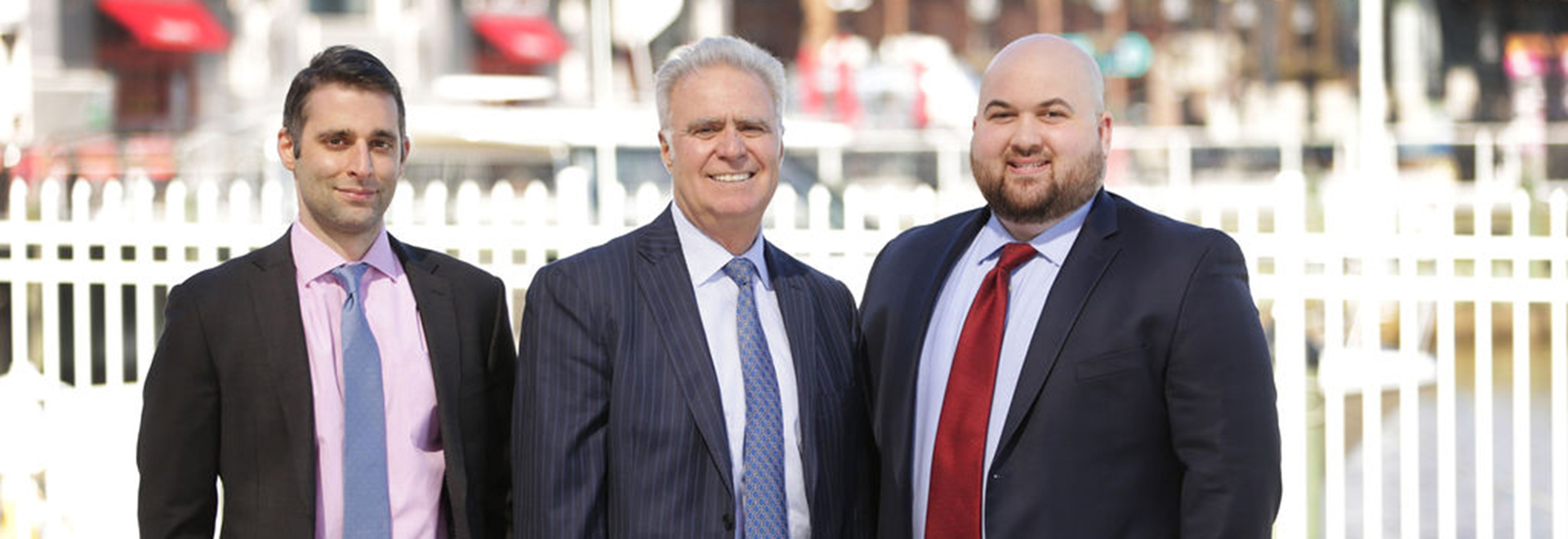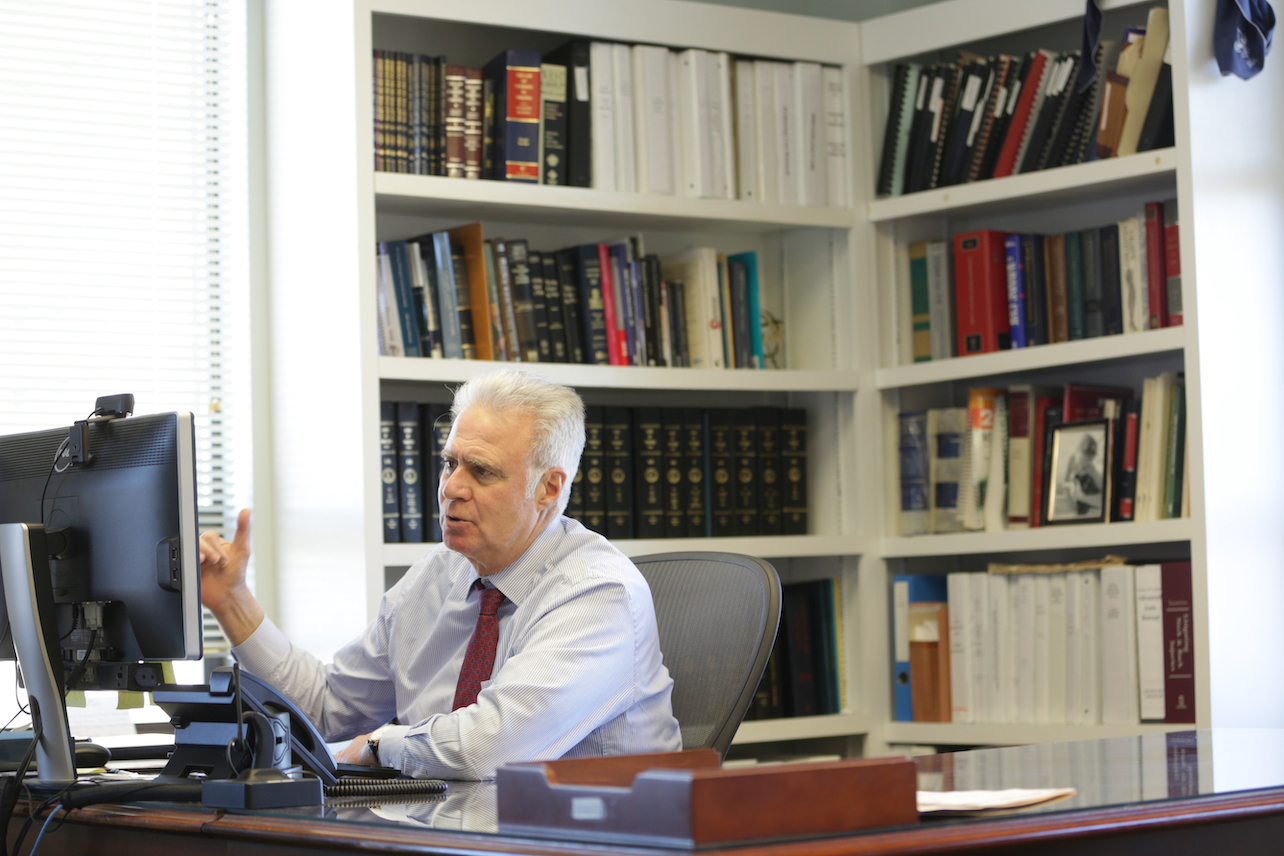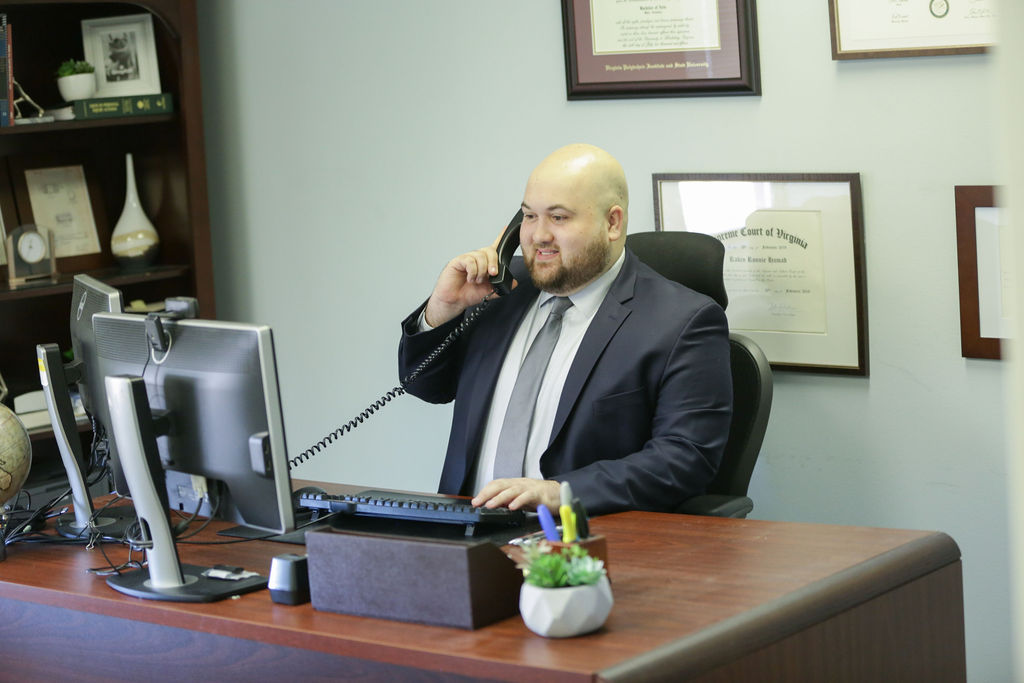Personal Injury Attorneys in Alexandria, Virginia
Four Decades of Commitment To Helping the Injured
Welcome to Curcio Law, a personal injury law firm in Old Town Alexandria focused exclusively on representing people injured or killed because of the careless conduct of another. Our attorneys are committed to obtaining for each client the compensation they are legally entitled to so that they, and their families, can rebuild their lives with dignity after suffering a personal injury or death.
As a team we recognize that representing a client is both a privilege and a responsibility, so we treat each client with the attention, compassion, and respect they deserve. As a firm, we are proud of the reputation for honesty, integrity, and commitment we have earned from our previous clients, and throughout the legal community.
When you've been injured due to someone else's negligence or reckless behavior, everything can quickly become overwhelming. Insurance companies start calling; and medical bills start piling up, all while you are just trying to recover from your injuries.
If this scenario sounds familiar, you need a personal injury attorney who understands that your claim is more about a lifestyle that’s been interrupted, than the bills that are stacking up.



















